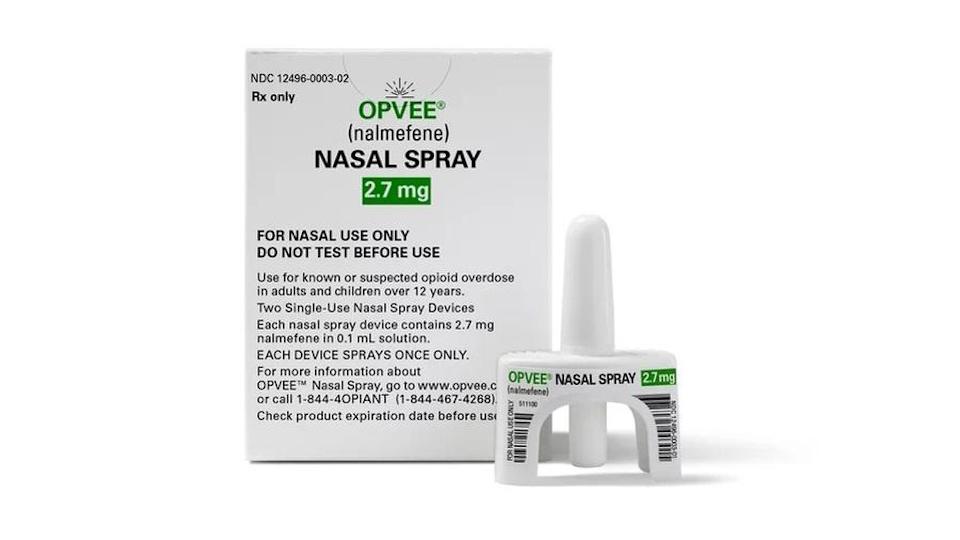AZ, Leo, and Daiichi Sankyo rapped for ad transgressions

Leo Pharma, AstraZeneca, and Daiichi Sankyo are the latest drugmakers to fall foul of UK guidelines on advertising of medicines.
All three have been penalised under clause 2 of the code of practice drawn up by the Association of the British Pharmaceutical Industry (ABPI) for “bringing discredit upon, and reducing confidence in, the pharmaceutical industry.”
The code lays out the rules which govern the promotion of prescription medicines to UK health professionals and other relevant decision-makers and also sets standards for providing information about prescription-only medicines to the public.
The Prescription Medicines Code of Practice Authority (PMCPA) – which administers the code – has rebuked Leo Pharma for “unbalanced and misleading” presentation of information on its website promoting psoriasis therapy Kyntheum (brodalumab), as well as failure to provide safety information for the drug.
The drugmaker has also been taken to task for improper conduct in connection with an attempt by a senior employee to seek confidential information from NHS staff about pricing discounts offered by a competitor to Kyntheum, deemed a “serious and extremely concerning matter” by the PMCPA’s review panel.
AZ has drawn fire from the PMCPA on two counts, firstly for providing misleading information about its respiratory drug Symbicort (budesonide/formoterol fumarate) on the product website, including the omission of an upper limit for dosing, as well as the recommendation that patients using the inhaler more than 16 times a day should seek medical advice.
The second complaint concerns misleading dosing claims on the promotional website for Forxiga (dapagliflozin), AZ’s drug for diabetes, heart failure, and chronic kidney disease. Specifically, safety information about a lower 5mg starting dose for patients with severe hepatic impairment was located in a small footnote that could have easily been missed by a healthcare professional.
Daiichi Sankyo, meanwhile, has been taken to task for three transgressions, two relating to its Nilemdo (bempedoic acid) and Nustendi (bempedoic acid/ezetimibe) therapies for lowering cholesterol levels in the blood, and one for anticoagulant medicine Lixiana (edoxaban).
Promotional material for Nilemdo and Nustendi in the form of a NICE technology appraisal card summary and an on-demand symposium referred to the use of the products in combination with a statin, but did not mention a contraindication with a simvastatin dose of 40mg or more.
Finally, the company was found to have omitted safety information in two Lixiana patient booklets in relation to symptoms “which might not be readily recognised by the patient as signs of excessive bleeding,” according to the PMCPA.












